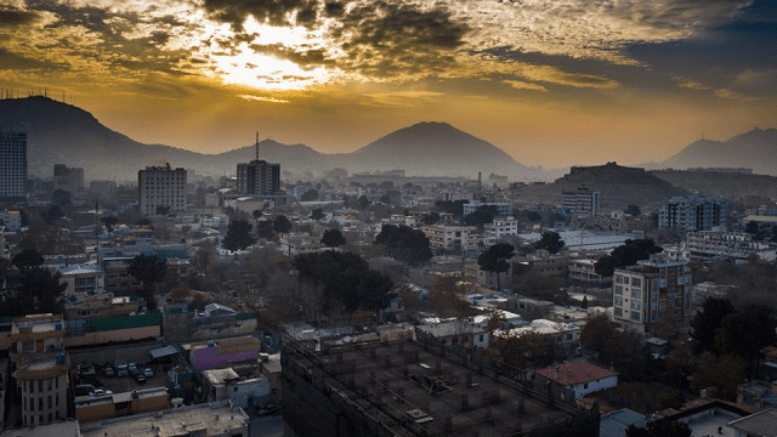Weinberg College faculty experts weigh in on the unfolding crisis in Afghanistan
August 23, 2021

After a war that stretched through more than two decades, the Taliban seized power in Afghanistan in a matter of days. The U.S. was set to finish withdrawing its military troops by Aug. 31, but now, rescue efforts may extend into September.
Several Weinberg College faculty members weighed in on the unfolding crisis.

Michael Allen
Professor Michael Allen, of the Department of History, said the sudden collapse of the Afghan government bears a strong resemblance to the collapse of the South Vietnamese government in 1975.
“Both teach the same lesson: American troops cannot outlast determined indigenous forces with nowhere else to go,” Allen said. “Americans tried and failed to do so in Vietnam, where they battled communist insurgents for two decades before conceding this difficult truth. They have tried and failed to do so again in Afghanistan, fighting just as long only to arrive at the same end.”

Ian Hurd
Professor Ian Hurd, of the Department of Political Science and the director of the Weinberg College Center for Area and International Studies, said the Taliban’s quick ascension to power revealed how weak the U.S.’ military effort really was. He said that promises of an American victory were “fantasy,” and that the United Nations will be much better at holding the new government accountable.
“Many people are rightly horrified at the prospect that a Taliban-led government will treat people very poorly. This is a very real concern, but it does not justify continued U.S. military occupation,” Hurd said. “The United Nations is the global force with the authority to hold the new government to account for how it treats people. The UN’s recent record at this is not encouraging, as evidenced by conditions in Syria. But through sanctions, inducement and collective pressure, the UN is a better institution than the U.S. military to hold governments responsible for their behavior.”

Rajeev Kinra
Additionally, Professor Rajeev Kinra, of the Department of History, said that once the dust settles, regional powers like Iran, Pakistan, China, Uzbekistan, Tajikistan, Turkmenistan, India, and Russia are not going to sit idly by.
“They’re going to try to leverage their relationship(s) with Kabul vis-a-vis their regional rivals, both overtly and covertly. Because there are also huge economic stakes. Afghanistan may be relatively poor in modern amenities, but it is quite rich in natural resources, particularly minerals and precious metals.”

Elizabeth Shakman Hurd
Professor Elizabeth Shakman Hurd, of the Department of Political Science and the Crown Chair in Middle East Studies, said that for now, the U.S. needs to focus on honoring the promises to the people who helped during the war and occupation.
“The jig is up in Afghanistan,” said Hurd. “How long it will take the U.S. to come to terms with the tragic price of empire remains to be seen.”
Read more about Afghanistan in Northwestern Now.
Faculty

Joel Mokyr wins Nobel Prize in Economic Sciences
October 13, 2025
Nobel recognizes Mokyr’s theory on sustained economic growth Joel Mokyr, the Robert H. Strotz Professor of Arts and Sciences and professor of economics and history in the Weinberg College of Arts and Sciences at Northwestern University, today (Oct….

Northwestern accelerates quantum research with NVIDIA technology
September 19, 2025
NVIDIA code could help researchers tackle computationally demanding tasks hindering quantum research Northwestern University physicists are using NVIDIA technology to tackle the computationally demanding tasks hindering quantum research. Northwestern theoretical physicist Jens Koch and his research group…

Weinberg College welcomes new faculty members for 2025-2026 academic year
September 18, 2025
Shreeya Behera Assistant Professor of Instruction PhD institution: The Ohio State University Previous title and institution: Data Scientist at Pandora Bio, Inc. Home department: Statistics and Data Science Shreeya Behera is a mathematician and data…

Weinberg College faculty and graduate students recognized for excellence in teaching
July 2, 2025
Each year, the Weinberg College of Arts and Sciences and the Office of the Provost recognizes members of the College’s tenure-line and teaching-track faculty for excellence in teaching. Weinberg College in addition recognizes the contributions…



